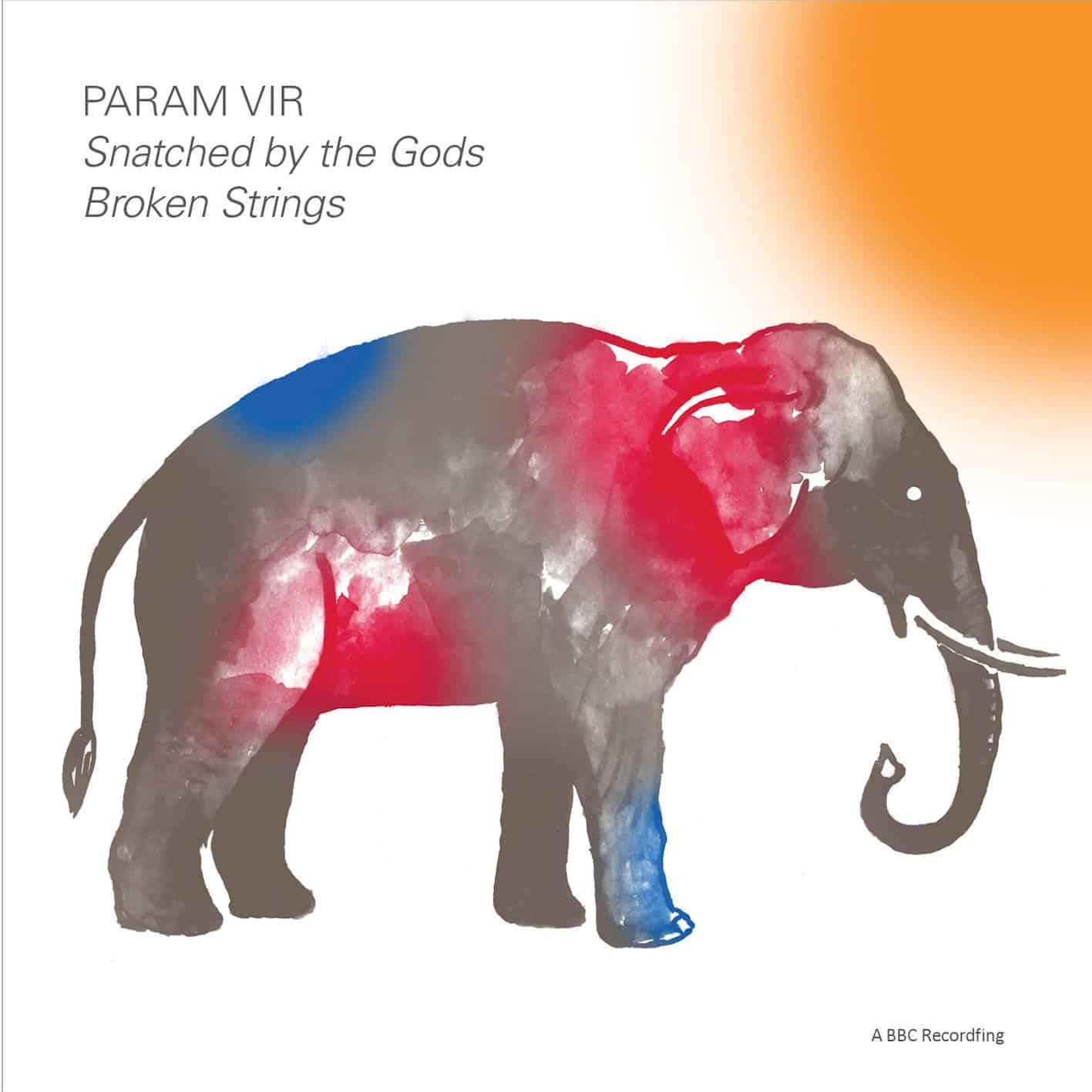Opera Magazine
Given his rare extraordinary compositional gifts, including an original approach to combining Western Eastern aesthetics, it’s a shame that the operas of Param Vir are not better known. Reviewing the premiere of this double bill of one-acters in 1992, Michael Davidson noted in these pages that not only were Vir’s vocal lines ‘more telling than those of most contemporary composers’, but wonder of wonders, the text is always audible (September 1992, pp. 1097-8).
Yet it is only now, after six highly acclaimed productions in Europe and the UK, that the works have become available on disc. Tellingly, it’s more than two decades since their last presentation; and the recording dates from 1996 (the production by Almeida Opera). Worse yet, it’s only Scottish Opera that seems to have realized the importance of the works’ intercultural significance: ahead of its 1998 production, the company printed advertising leaflets in Hindi and Gujarati, as well as in English-an outreach that attracted many Asians to the performances at Glasgow’s Theatre Royal.
Honed first by having grown up surrounded by Indian classical music in Delhi, and then by his studies with Peter Maxwell Davies and Oliver Knussen after his move to England in 1984, Vir wrote these one-acters (the earliest of his four operas) for the Munich Biennale—and won its prize for Best Composer.
Snatched by the Gods is based on a narrative poem by Rabindranath Tagore. A widowed mother and her child are among a group of pilgrims travelling by boat to a Hindu festival. Panicked by a sudden storm on the return journey, and believing that the boy had been cursed, the pilgrims demand that he be sacrificed to appease the gods. He is cast into the sea. Broken Strings, based on one of the ancient Jataka morality fables ascribed to the Buddha, tells of an old, poor string player who competes to become the king’s musician but whose strings break successively until none are left. Yet he continues, and overwhelms the judges (‘ever with less’, he says, ‘sing on .’).
Sonically scintillating, the music for the operas is a feast of timbral sonorities with clear oriental percussive qualities, and a stylistic eclecticism shot through with moments that resonate with different in phases of modernism. There are Messiaen-like birdsong passages (and a nine-note mode of limited
transposition’), hints of Knussen, Maxwell Davies, Berg and Britten, and gorgeous bell-like evocations of a different world. Brilliantly executed and dramatically thrilling, the scores are a trove of powerfully evocative (if not always melodically memorable) lines. Gripping ensemble passages, often underlined by ominous ostinatos, provide real dramatic heft. The pyrotechnics, both vocal and instrumental, are never meretricious: dramatically apt, they enrich and deepen our experience. And the two operas differ
in important ways. With its boat trip representing a life journey, the first evokes a sense of the unworldly through a terrifying encounter with forces beyond human control. The second is simpler, more direct, and highly spirited-but after an hour so rich in music, drama and philosophy, I had hoped for more from the ending.
For me, the most outstanding performance comes from Susan Roberts, whose Moksada, the widowed mother, is a marvel. Her soprano always wonderfully warm-timbred, she handles with flawless ease the technical and musical challenges; these include widely arched lines reaching stratospheric heights, and a moving lament. Elsewhere, superb performances are in ample supply —not least from the London Sinfonietta under Markus Stenz, with the kind of crisp, confidently virtuosic playing that made them famous.
@divineartrecordingsgroup
A First Inversion Company
Registered Office:
176-178 Pontefract Road, Cudworth, Barnsley S72 8BE
+44 1226 596703
Fort Worth, TX 76110
+1.682.233.4978












